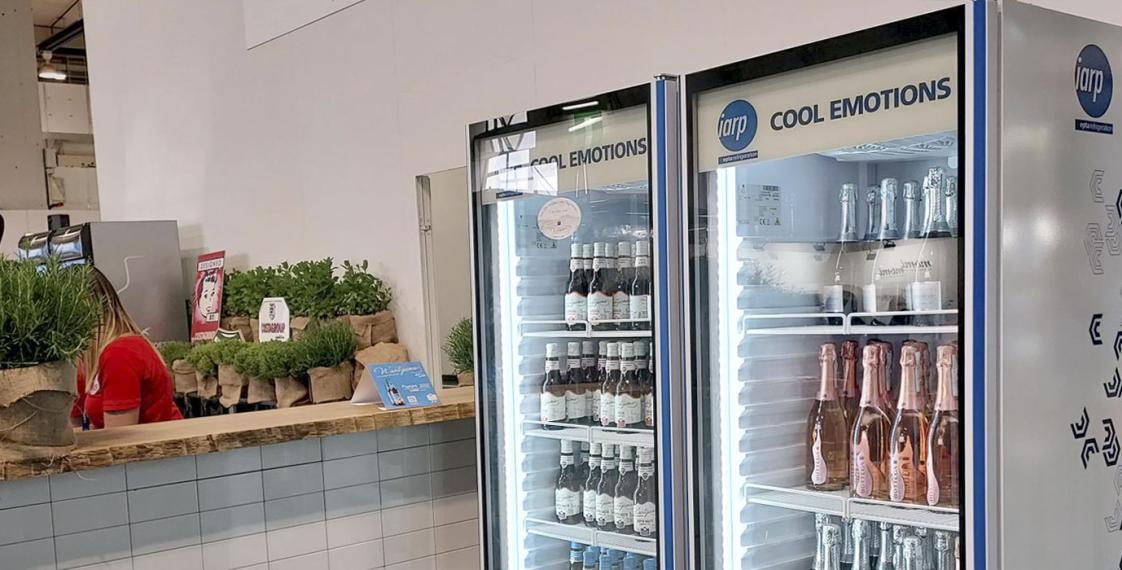Circular Economy for Food: Epta refrigreration systems

Epta is partner of the University of Gastronomic Sciences of Pollenzo (Piedmont) in northern Italy to promote the spread of the Circular Economy for Food.
The circular economy is at the heart of the Epta strategy, in every area. The Group makes ongoing investments to reduce the environmental impact of the production processes, of the projects and products.
This commitment is confirmed by the recent results published inside the first Integrated Report. To note, for example, is the 9% reduction in water consumption compared to 2019 and 92% waste recycling inside the plants.
Eco design and natural refrigeration: the sustainable innovation of Epta cabinets
Furthermore, Epta designs systems to merge sustainability, design and sustainable innovation. Many refrigerator counters are already in Class B or C, namely best-in-class under the Energy Label regulation. They are all available with LED lighting and natural refrigerant.
The collaboration of Epta with the University of Gastronomic Sciences of Pollenzo started in 2017 precisely from sharing the same principles. Both realities are active in protecting the natural and cultural assets connected to the food world.
The furnishings and refrigeration systems of the Epta brands for the preservation and display of foods are designed with a view to the circular economy. They are the ideal setting for a gastronomic offer that enhances biodiversity, preserves soil quality, animal welfare and minimises food waste along the entire supply chain.
Costan and Iarp refrigeration systems on show at CIBUS
CIBUS (Parma, 3-6 May) was the occasion to reassert these values.
Epta was present with the solutions of its Costan and Iarp brands, on display at the UNISG stand and at the Horeca Arena, the Buyers Lounge and Cibus Off, the detached section of Cibus in the historical centre of the city.
The event was a new opportunity to share knowledge, increase social responsibility and the culture of zero waste and promote Eco-Design.
The goal is to promote a generalised change in the economic-social paradigm. Raising awareness among all players of the supply chain and Consumers of the need to move from a linear economy (take, make waste) to a circular economy (make, use, recycle) becomes fundamental.